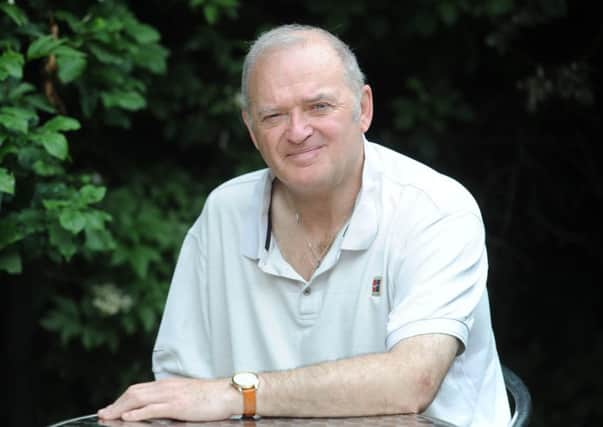Extra religion coverage risks BBC appearing out of touch


This decision follows a year-long review in which audiences of all faiths and none said that they want to learn more about those topics.
OFCOM has already ordered the broadcaster to have more religious programmes on BBC1 and BBC2.
Advertisement
Hide AdAdvertisement
Hide AdSpeaking as an atheist, this appears, at least on the surface, to be a retrograde step, especially as a recent British Social Attitudes Survey indicates that more than half the UK population (53%) now have no religion, rising to nearly three out of four 18-24 year-olds.
What is more, Northern Ireland suffers from a surfeit of religion already, not only in the wider society but also on the local BBC, which displays a sycophancy towards clerics almost as sickening as that which the national station shows towards the monarchy.
Yet, speaking also as a Humanist, it depends on how the extra coverage is done. If it means more devotional content or uncritical expositions of religious belief on, say, ‘Thought for the Day’, then it will reveal a BBC increasingly out of touch with the modern secular age.
Arguably, it would also be contravening both the Human Rights Act 1998 and the Equality Act 2010.
Advertisement
Hide AdAdvertisement
Hide AdThe former incorporates the European Convention of Human Rights which guarantees freedom of religion and belief.
As case law has shown, ‘belief’ includes non-religious beliefs.
The Equality Act 2010 states that public authorities must have “due regard to the need to eliminate discrimination on grounds of religion and belief”.
However, the BBC has said that it will strive to represent the views of those who “are not engaged with traditional religion but are spiritual”.
Advertisement
Hide AdAdvertisement
Hide AdIf this means that it will more accurately reflect Humanist and other secular views, then it is welcome news.
The religious do not have a monopoly of spirituality or ethics, and Humanists would certainly like to engage with more programmes that explore these areas.
In its urge to compete with commercial stations, BBC television has become less innovative and challenging.
Much of its output is dumbed down – ‘chicken nugget television’, as Stephen Fry has called it.
Advertisement
Hide AdAdvertisement
Hide AdBBC Drama, for example, neglects a scrutiny of life’s moral dilemmas and is now dominated by thrillers and soap operas.
A recent exception was Jimmy McGovern’s ‘Broken’, in which Sean Bean played a Catholic priest struggling to guide his parishioners through the trials and tribulations of everyday existence in a city in northern England.
It revived memories of the 1970s and early 1980s when the BBC’s ‘Play for Today’ excelled at high quality television.
Broken dramatised a number of moral issues, and arguably the BBC needs to expand its output in this area, not only in plays but also in documentaries and topical discussion programmes.
Advertisement
Hide AdAdvertisement
Hide Ad‘Ethics’ should be treated not as an appendage of religion but as a separate category of broadcasting in its own right.
The BBC has a duty in its charter to inform and educate as well as entertain.
If, instead of allowing contributors to preach, it educates its audience about religion and ethics so that they can better reach their own conclusions, then it will come closer to fulfilling its proper role in the modern world.
• Brian McClinton is editor of the Irish Freethinker magazine, and is based in Lisburn, BT27